Trump's Economic Agenda: Can He Unify The GOP For Tax Reform?
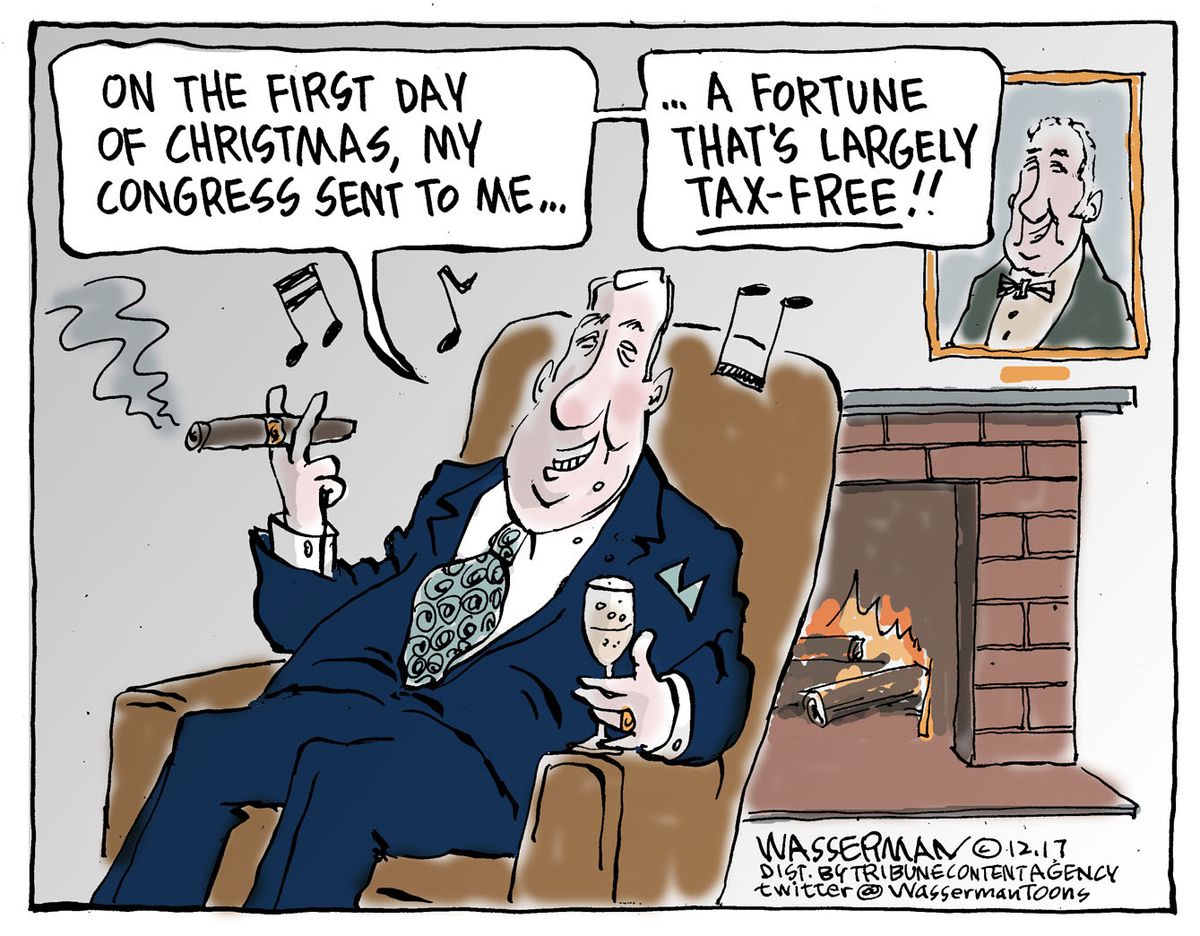
Table of Contents
Key Components of Trump's Economic Agenda
Trump's economic blueprint rested on three primary pillars: substantial tax cuts, widespread deregulation, and increased infrastructure spending. Each of these elements faced significant challenges and sparked intense debate within the GOP.
Tax Cuts: A Divisive Boon?
The centerpiece of Trump's economic plan was a massive tax cut package. This involved:
- Lower corporate tax rates: The corporate tax rate was slashed from 35% to 21%, aiming to boost investment and job creation. Proponents argued this would enhance U.S. competitiveness globally.
- Individual income tax reductions: Individual tax rates were also reduced across various brackets, with the intention of stimulating consumer spending.
- Impact and criticisms: While the tax cuts initially led to a short-term economic boost, their long-term effects remain debated. Critics pointed to the disproportionate benefit accruing to high-income earners and the expansion of the national debt. Studies analyzing income inequality following the tax cuts offer mixed results, highlighting the complexity of assessing their overall impact.
Deregulation: Unleashing the Market or Risking Oversight?
Trump's administration pursued a vigorous deregulation agenda, aiming to reduce the regulatory burden on businesses. This involved:
- Environmental regulations: Rollbacks of environmental protections sparked considerable controversy, raising concerns about the impact on the environment and public health. The economic benefits of reduced regulation were often weighed against potential long-term environmental costs.
- Financial institutions: Changes to financial regulations, reversing some aspects of the Dodd-Frank Act, raised concerns about potential risks to the financial system and consumer protection. The debate focused on finding the optimal balance between economic growth and necessary regulatory oversight to prevent future crises.
- The regulatory debate: The debate surrounding deregulation revolved around the trade-off between fostering economic growth and ensuring adequate safeguards for public health, environmental protection, and consumer safety. Finding this balance remains a contentious issue in economic policy.
Infrastructure Spending: A Promise Unfulfilled?
Trump promised a massive investment in infrastructure projects to boost economic activity and create jobs. However:
- Funding challenges: Securing funding for these ambitious projects proved to be a significant hurdle, hindering progress on many planned initiatives. The lack of concrete funding mechanisms hampered the realization of this key component of his economic plan.
- Implementation difficulties: Even with funding secured, the complexities of large-scale infrastructure projects often led to delays and cost overruns, further limiting the program's impact.
- Job creation potential: While infrastructure spending has the potential to create numerous jobs, the actual impact varied depending on project specifics and implementation efficiency. The overall job creation effect of this component remained subject to considerable debate.
Internal Divisions within the GOP Regarding Tax Reform
Trump's efforts to enact his economic agenda, particularly tax reform, faced significant resistance from within his own party.
Conservative vs. Moderate Factions: A Clash of Ideologies
The Republican Party is comprised of diverse factions, leading to internal disagreements on the scale and scope of tax cuts.
- Differing views on the national debt: Conservative factions prioritized lower taxes regardless of the impact on the national debt, while more moderate Republicans expressed stronger concerns about fiscal responsibility.
- Lobbying group influence: Various lobbying groups exerted considerable influence on the tax reform debate, further complicating the process of achieving consensus within the GOP.
Fiscal Responsibility Concerns: A Balancing Act
The debate within the GOP over tax reform frequently centered on balancing tax cuts with responsible fiscal policies.
- National debt concerns: The significant increase in the national debt under Trump's administration became a focal point of contention, with some Republicans arguing that the tax cuts were fiscally unsustainable.
- Long-term economic consequences: Concerns were raised about the long-term economic consequences of accumulating substantial national debt, impacting future economic growth and potentially harming the country's creditworthiness.
The Role of Trump's Leadership: A Mixed Legacy
Trump's leadership played a crucial role in navigating these internal divisions.
- Strategies for unity: He employed various strategies to build consensus, including negotiation, compromise, and at times, pressure tactics.
- Successes and failures: While he ultimately succeeded in pushing through his tax cuts, his efforts to unify the GOP on his broader economic agenda met with mixed success. Internal divisions persisted, impacting the overall effectiveness of his economic policies.
Long-Term Consequences of Trump's Economic Policies
The long-term effects of Trump's economic policies continue to unfold and are subject to ongoing debate.
Economic Growth and Job Creation: A Mixed Bag
The impact of Trump's policies on economic growth and job creation is complex and contested.
- Job growth data: While job growth occurred during his presidency, the rate of growth and its relationship to his specific policies remain a subject of analysis and interpretation.
- Comparison to previous administrations: Comparing his economic performance to previous administrations requires careful consideration of various economic factors that influence job creation and overall growth.
Income Inequality: An Exacerbated Divide?
Trump's policies have been criticized for potentially exacerbating income inequality.
- Changes in wealth distribution: Analyses of wealth distribution trends during his tenure show mixed results, requiring further study to understand the complete impact of his economic policies on income disparity.
- Policy criticisms: Critics argued that the tax cuts disproportionately benefited high-income earners, leading to an increase in income inequality.
National Debt: A Growing Burden
The significant increase in the national debt during Trump's presidency poses a considerable long-term challenge.
- Fiscal implications: The long-term fiscal implications of this increased debt are substantial, potentially impacting future economic growth and government spending on social programs and other crucial services.
- Future economic challenges: The increased debt could lead to future economic challenges, including higher interest rates and reduced government flexibility in responding to future economic downturns.
Conclusion: Assessing the Legacy of Trump's Economic Agenda
Trump's economic agenda, especially his attempts at GOP unification for tax reform, presents a complex legacy. While his tax cuts and deregulation aimed to stimulate growth, internal party divisions regarding fiscal responsibility and the distribution of benefits created significant obstacles. Understanding the interplay of these factors – policy components, internal political dynamics, and long-term economic consequences – is crucial to evaluating the impact of his presidency. Further research into the enduring effects of Trump's economic policies and their influence on the GOP is essential for a complete understanding. Continue exploring the complexities of Trump's economic agenda and its lasting effects on the Republican Party and the nation's economic trajectory.

Featured Posts
-
 Clisson Le Theatre Tivoli Un Joyau Du Patrimoine En Images Loto 2025
May 22, 2025
Clisson Le Theatre Tivoli Un Joyau Du Patrimoine En Images Loto 2025
May 22, 2025 -
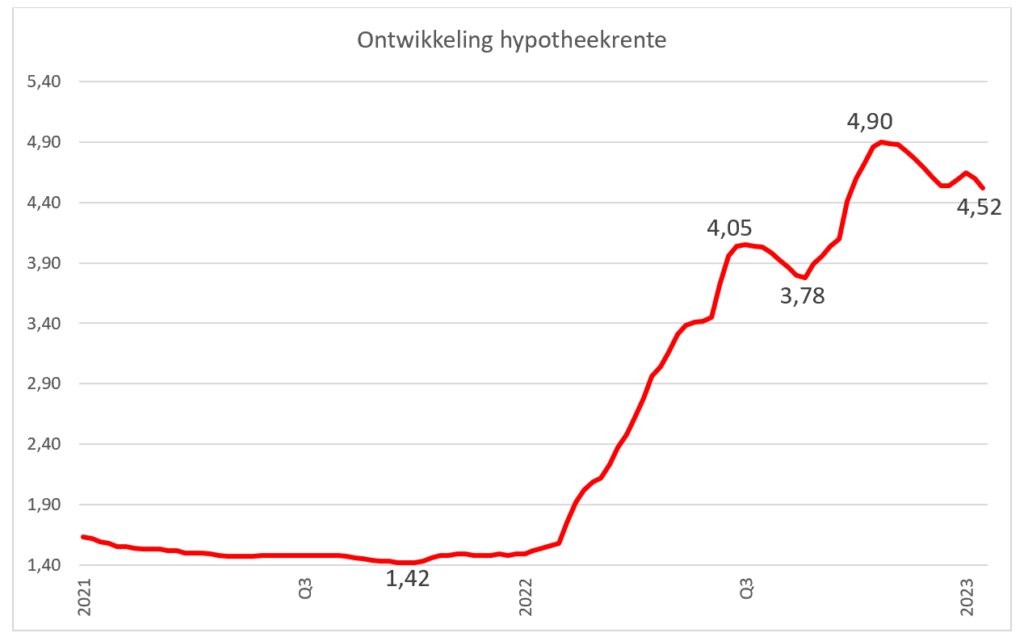 Stijgende Huizenprijzen Abn Amros Verwachting Ondanks Economische Onzekerheid
May 22, 2025
Stijgende Huizenprijzen Abn Amros Verwachting Ondanks Economische Onzekerheid
May 22, 2025 -
 Thong Tin Moi Nhat Ve Tien Do Xay Dung Cau Ma Da Dong Nai
May 22, 2025
Thong Tin Moi Nhat Ve Tien Do Xay Dung Cau Ma Da Dong Nai
May 22, 2025 -
 Accentures 50 000 Promotions A Six Month Delay Explained
May 22, 2025
Accentures 50 000 Promotions A Six Month Delay Explained
May 22, 2025 -
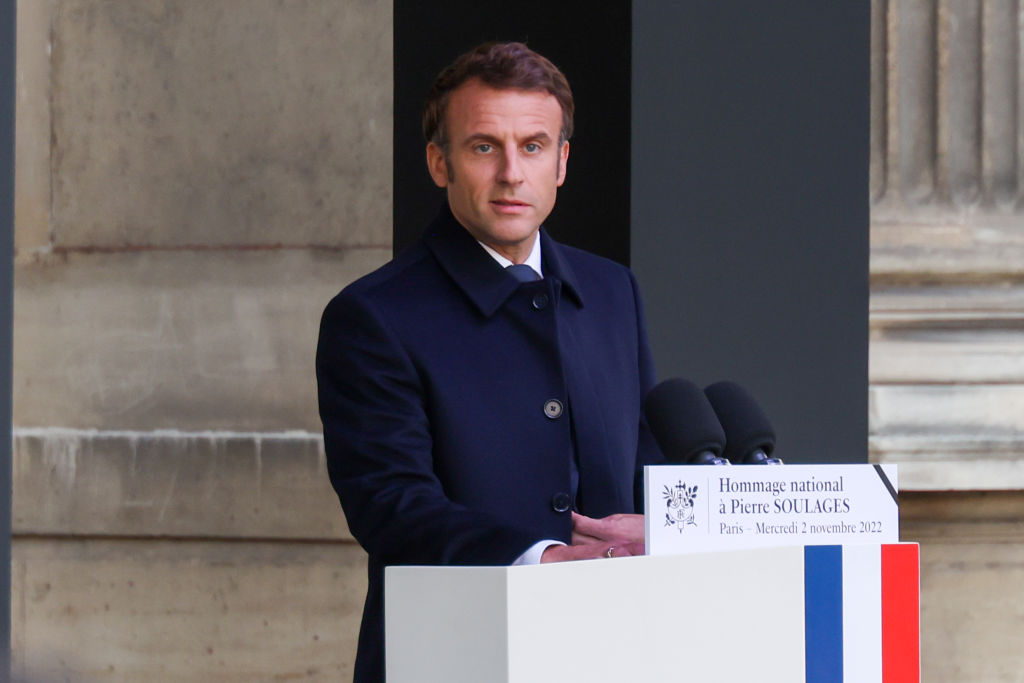 Ukraina V Nato Analiz Peregovorov I Zayavleniya Evrokomissara
May 22, 2025
Ukraina V Nato Analiz Peregovorov I Zayavleniya Evrokomissara
May 22, 2025
Latest Posts
-
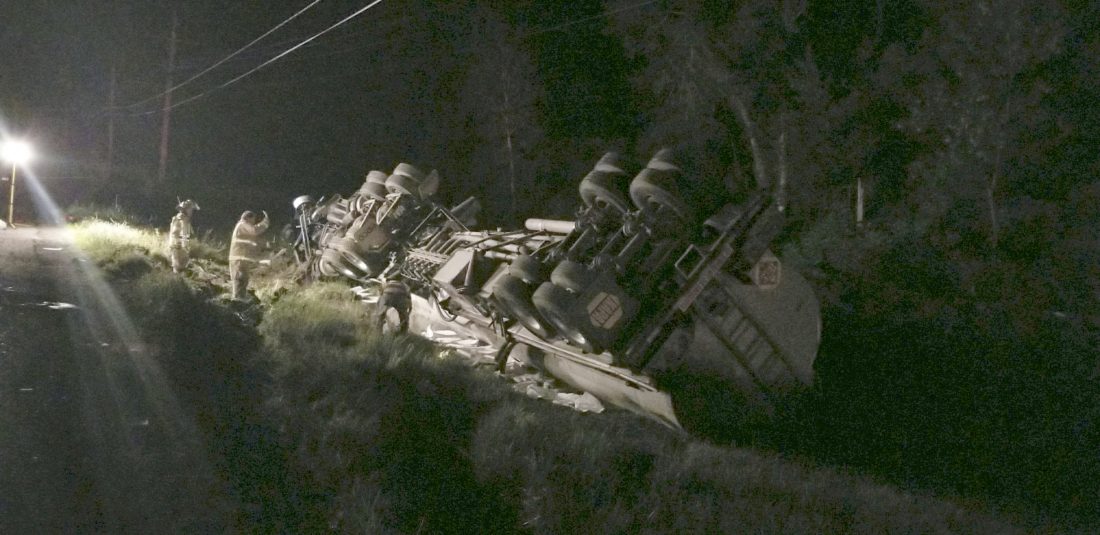 Interstate 83 Closed After Produce Truck Accident
May 22, 2025
Interstate 83 Closed After Produce Truck Accident
May 22, 2025 -
 Produce Truck Rollover Shuts Down Part Of I 83
May 22, 2025
Produce Truck Rollover Shuts Down Part Of I 83
May 22, 2025 -
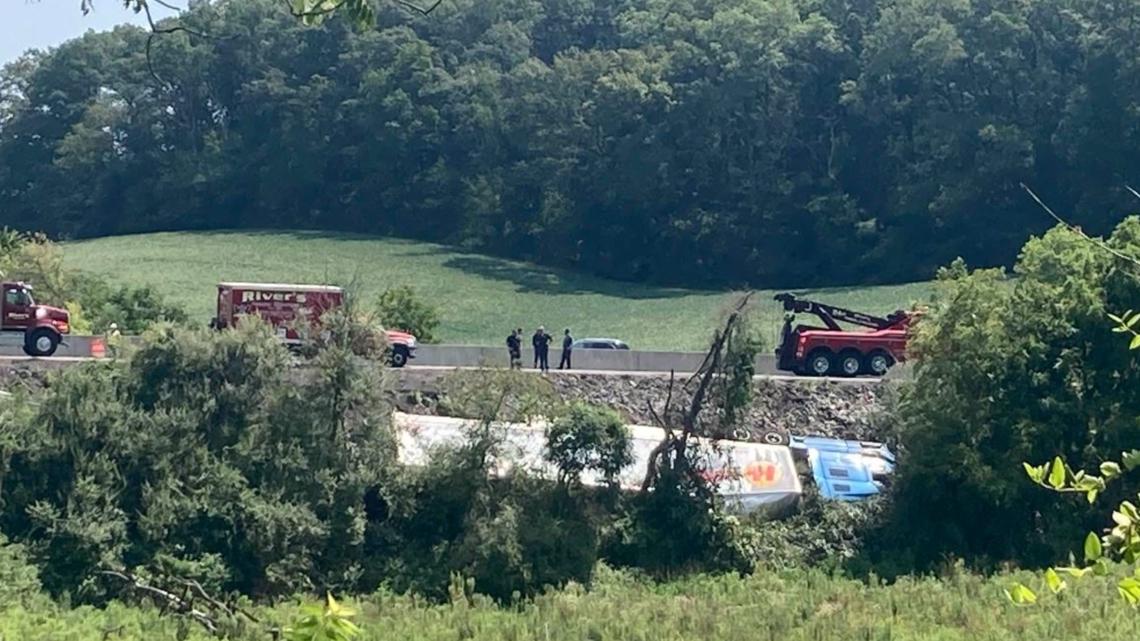 Produce Hauling Truck Accident On Interstate 83
May 22, 2025
Produce Hauling Truck Accident On Interstate 83
May 22, 2025 -
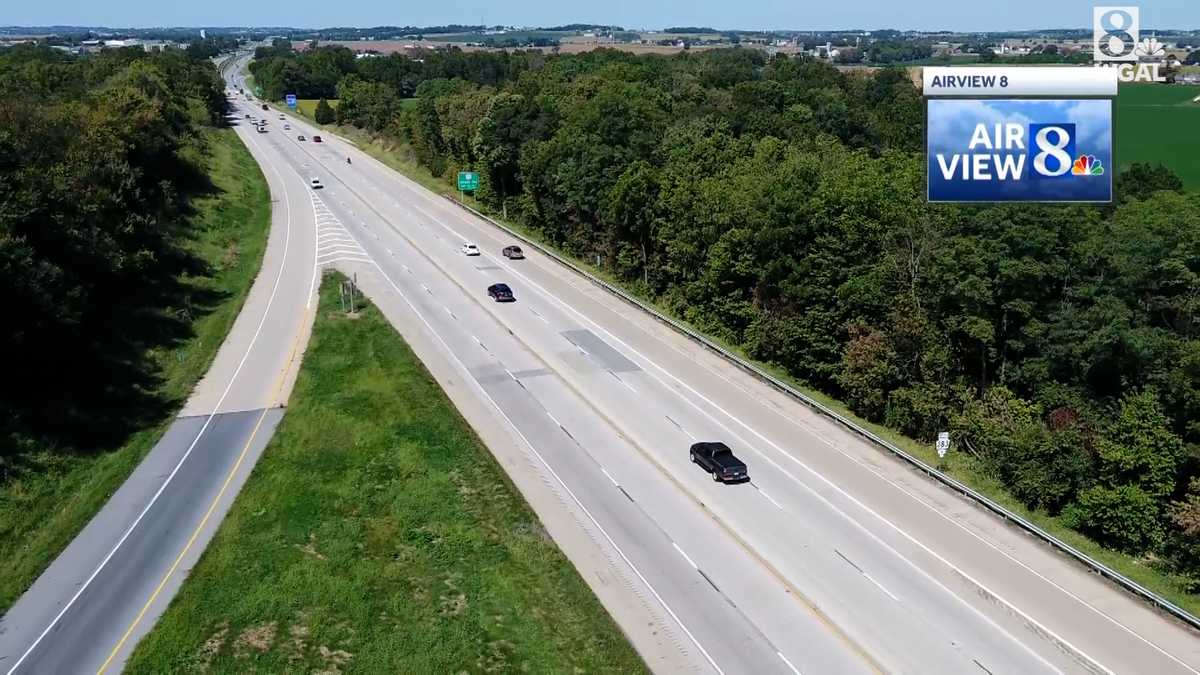 Fed Ex Truck Inferno Shuts Down Route 283 In Lancaster County
May 22, 2025
Fed Ex Truck Inferno Shuts Down Route 283 In Lancaster County
May 22, 2025 -
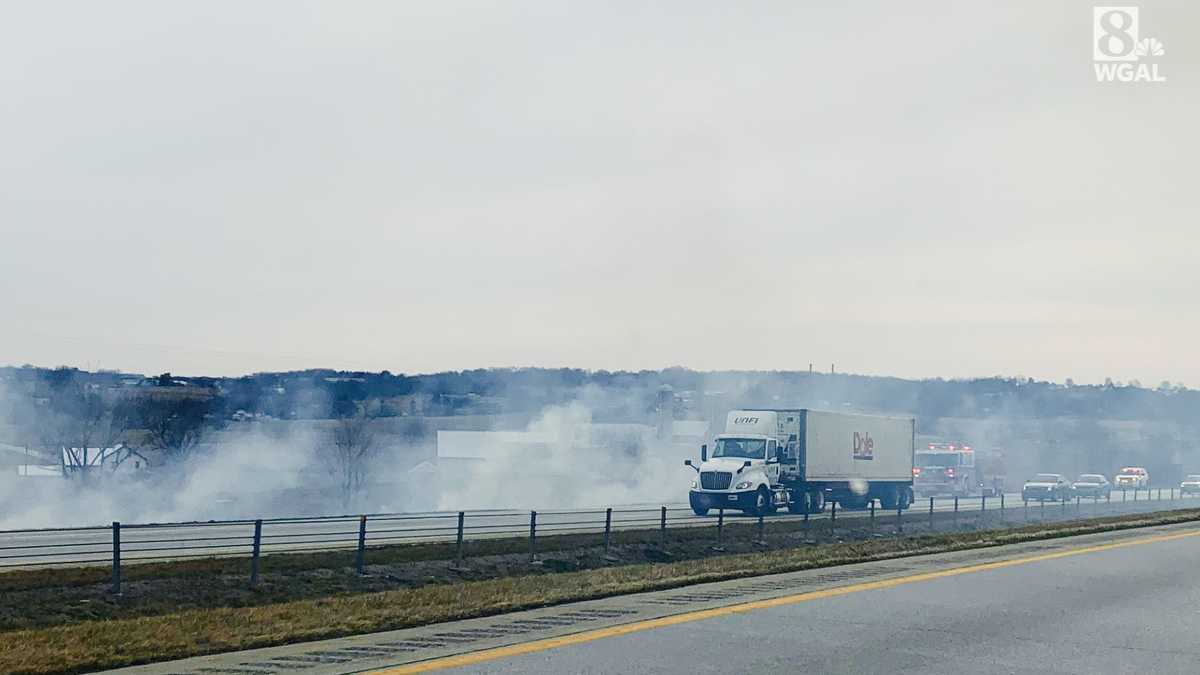 Route 283 Closed Due To Fed Ex Truck Fire In Lancaster County Pa
May 22, 2025
Route 283 Closed Due To Fed Ex Truck Fire In Lancaster County Pa
May 22, 2025
